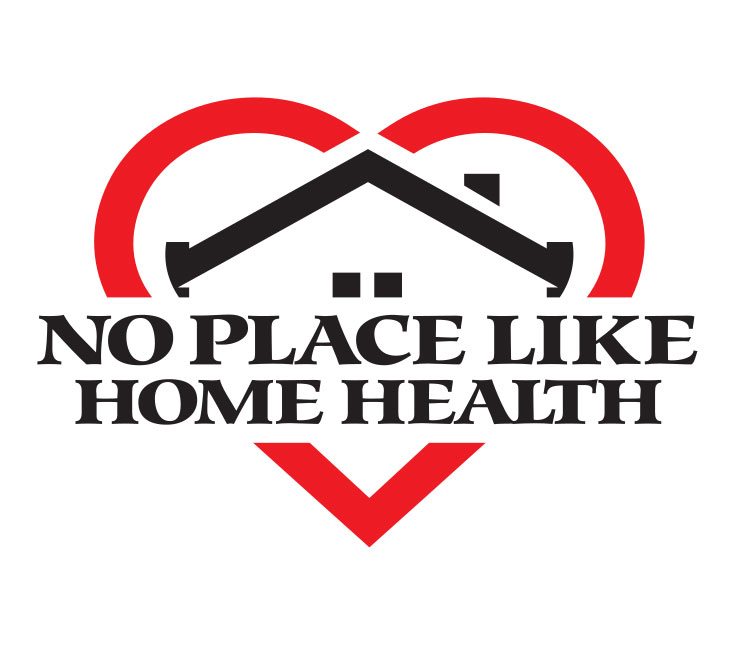Main Causes of Falls in Elderly
Having an elderly parent fall while living independently in his home alone is one of the largest fears for both the parent and the caregiver. Falls are a very common reason older people end up having to visit the hospital and a bad fall can have long-term effects on the quality of life for your elderly parent. In order to help prevent falls for your parent, it helps to know what are some of the top behaviors and causes of falls in the elderly. By talking to your parent about these items that may increase the chance of your parent falling, you might help prevent a fall.
Medications.

Home Care Westland, MI: Benefits of Home Care
Some medications can create dizziness or a loss of balance. Seniors often take multiple medications, and they can interact in a way that will make your parent unsteady on his feet. If your parent is struggling with vertigo or dizziness, have his doctor review his medications to see if they could be the possible culprit.
Vision Issues.
If your parent has low vision or perhaps simply hasn’t updated his eyeglasses prescription in a few years, it can make it more likely that he’ll trip over something unseen on the floor or a change in the level of the surface he is walking on. Either of these can trip up his feet and cause him to stumble and possibly fall. Set up an appointment and have your parent’s home care provider bring him to get his eyes examined if he has problems seeing well.
Lack of Being Physically Fit.
Core strength and flexibility both help your parent prevent himself from falling. When the feet get tripped up, the body has just an instant to right itself and stop itself from falling. The more active your parent can be physically, the more likely his body will be able to adjust to a small stumble. Set up daily activity for your parent by having yourself or his home care provider either bring him to places to get out and move around or join him for physical activity like walks or bike rides.
Chronic Diseases.
Some diseases like Parkinson’s, Alzheimer’s, or arthritis can cause weakness in your parent’s legs and arms, increasing the chance of a fall. If your parent has a disease that limits his ability to move safely around his home, look into ways you can make his home more safe by eliminating tripping hazards or setting up items around the home to help him navigate areas such as staircases and slick floors.
Behavioral Hazards.
In many ways, all of the above can be addressed and have action steps created to reduce the risk of falling. But none of the protection you set up around your parent’s home will reduce his risk of falling if he doesn’t actively change his behavior around some of his activities. Together with your home care provider, encourage your parent to wear non-slip shoes in the home, always use handrails on the stairs, and turn on the lights in dark areas so he can see the floor.
With a sense of awareness and the appropriate proactive planning, you can help your parent keep himself safe from falls in his home and you can both rest easier.
If you or an aging loved-one is considering Home Care in Westland, MI please contact the caring staff at No Place Like Home Health, LLC today. 734-259-4200
- Helping Seniors Maintain Important Relationships - April 21, 2025
- Common Medication Mistakes Seniors Make And How To Avoid Them - April 7, 2025
- How Does Physical Therapy Help Seniors with Arthritis? - March 21, 2025
